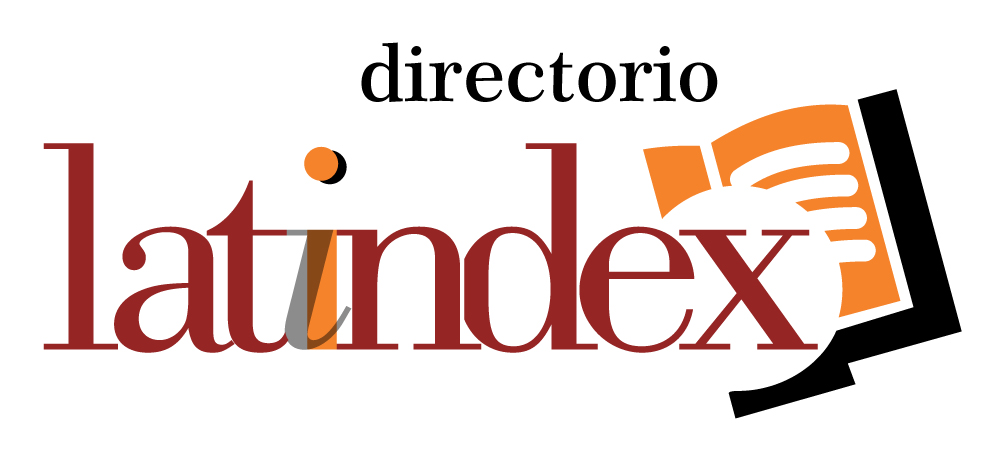Political conflicts and republican greatness according to a Machiavelli's approach to the Roman republic
Keywords:
Political Greatness, Civil Liberty, Expansionism, RiotsAbstract
The comprehension of the idea of republican liberty drafted by Machiavelli presupposes an analysis of the theory of humors, that is, the opposition of desires that mobilize men in acquiring several goals. According to the Florentine secretary, such dissentions are in the basis of political life, that is not restricted to a dialogic exercise of reason made in a public square, but is born and develops in the clash of opposing poles that need to be well managed. In his work Discourses on the first decade of Titus Livius, Machiavelli perceives that social division is consubstantial with the good republic and it is on the proper conduction of this division that lays the political freedom and the territorial expansion. This article examines the insightful and original way Machiavelli approached this paradoxical relationship among conflicts, freedom and territorial expansion, showing to what extent, for this author, such conflicts can be useful to a republic and all of them can be considered positive.
Downloads
References
ABREU, Maria Aparecida Azevedo. A densidade conflitiva da república nos Discorsi de Maquiavel. Revista brasileira de ciência política, n. 12, p. 67-97, set./dez. 2013. https://doi.org/10.1590/S0103-33522013000300004.
ADVERSE, Helton. Maquiavel, a república e o desejo de liberdade. Trans/Form/Ação, v. 30, n. 2, p. 33-52, 2007. https://doi.org/10.1590/s0101-31732007000200004.
AMES, José Luiz. Maquiavel e a educação: a formação do bom cidadão. Trans/Form/Ação, v. 31, n. 2, p. 137-52, 2008. https://doi.org/10.1590/s0101-31732008000200008.
AMES, José Luiz. A lógica do heterogêneo e a liberdade republicana em Maquiavel. In: MARTINS, José Antônio (org.). Republicanismo e democracia. Maringá: Eduem, 2010. p. 35-57.
BIGNOTTO, Newton. A antropologia negativa de Maquiavel. Analytica, Rio de Janeiro, v. 12, n. 2, p. 77-100, 2008. https://doi.org/10.35920/arf.v12i2.543.
LEFORT, Claude. As formas da história: ensaios de antropologia política. Trad. Luiz Roberto Salinas Fortes e Marilena de Sousa Chauí. 2ª ed. São Paulo: Brasiliense, 1990.
MAQUIAVEL, Nicolau. Comentários sobre a primeira década de Tito Lívio. Trad. Sérgio Bath. 3ª ed. Brasília: Ed. UnB, 1994.
MAQUIAVEL, Nicolau. Discursos sobre a primeira década de Tito Lívio. Trad. MF. São Paulo: Martins Fontes, 2007a.
MAQUIAVEL, Nicolau. História de Florença. Trad. MF. São Paulo: Martins Fontes, 2007b.
MAQUIAVEL, Nicolau. História de Florença. Trad. Nelson Canabarro. 2ª ed. São Paulo: Musa, 1998.
MAQUIAVEL, Nicolau. O príncipe. Trad. Maria Júlia Goldwasser. São Paulo: Martins Fontes, 2001.
MCCORMICK, John P. Democracia maquiaveliana: controlando as elites com um populismo feroz. Revista brasileira de ciência política, Brasília, n. 12, p. 252-98, set./dez. 2013. https://doi.org/10.1590/s0103-33522013000300010.
RICCIARDI, Maurizio. A república antes do Estado: Nicolau Maquiavel no limiar do discurso político moderno. In: DUSO, Giuseppe (org.). O poder: história da filosofia política moderna. Trad. Andrea Ciacchi e Líssia da Cruz e Silva. Petrópolis; Rio de Janeiro: Vozes, 2005, p. 37-51.
SENELLART, Michel. La crise de l’idée de concorde chez Machiavel. Cahiers philosophiques, Strasbourg, v. 4, p. 117-133, 1996.
Downloads
Published
How to Cite
Issue
Section
License
Copyright (c) 2016 João Aparecido Gonçalves Pereira

This work is licensed under a Creative Commons Attribution-NonCommercial-NoDerivatives 4.0 International License.









